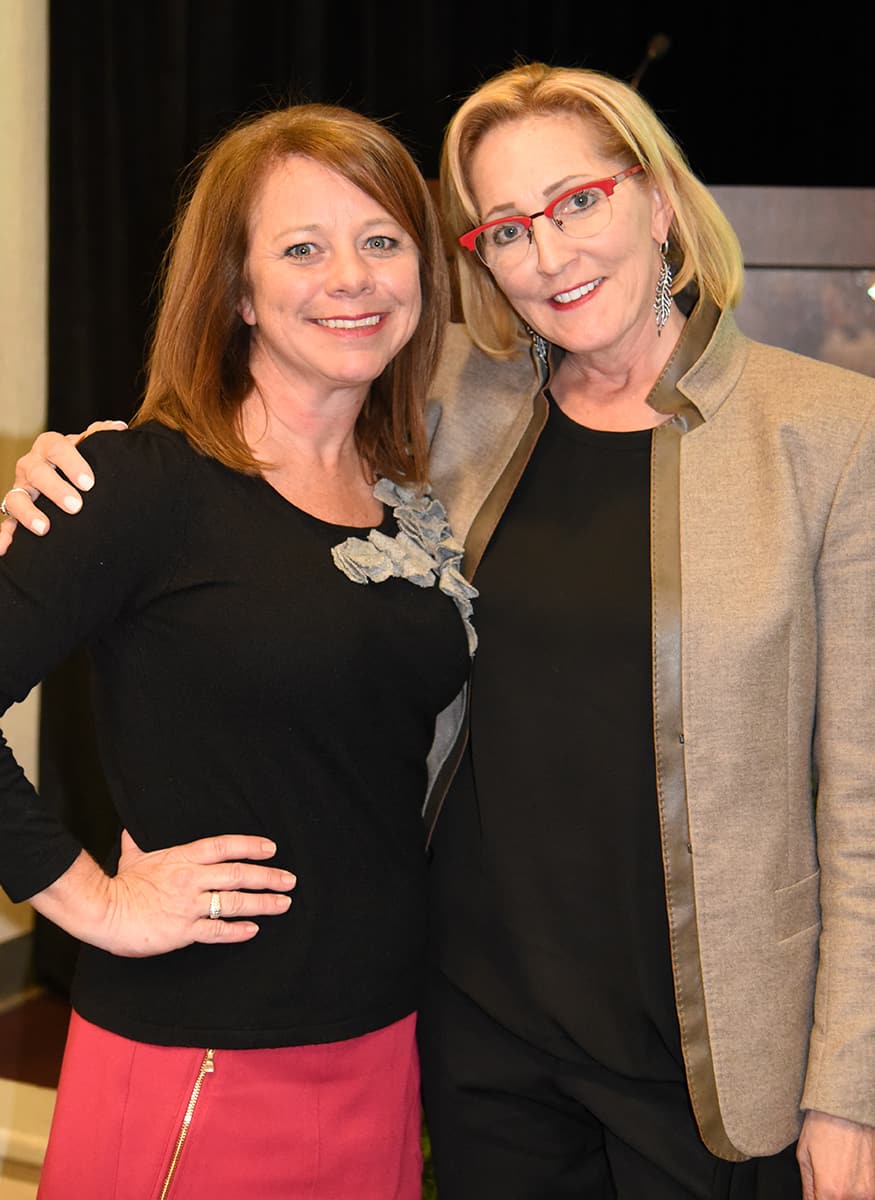South Georgia Tech hosts professional development workshop for educators

Ruby K. Payne, Ph.D., was the featured speaker at a one-day professional development workshop hosted by South Georgia Technical College recently. The workshop was free of charge for educators in Sumter, Macon, Marion, Crisp, Schley, Taylor, and Webster counties and the surrounding area.
Dr. Payne is the founder of aha! Process and an established author, speaker, publisher and career educator. She has written or co-authored more than a dozen books on issues of poverty in the areas of education, social services, business, communities, churches, relationships, and leadership. She has a new book, “Building Emotional Resources,” scheduled to be published in June.
The professional development workshop was held in the South Georgia Technical College’s John M. Pope Industrial Technology Center on the Americus campus. South Georgia Tech used federal grant funds that were designated to create and enhance opportunities for teachers’ professional growth, to improve teacher effectiveness, and to promote equitable access in schools located in rural local educational agencies or in schools with high concentrations of students from low-income families and minority students.
Dr. Payne has been recognized internationally for her book, “A Framework for Understanding Poverty.” Her goal of offering strategies for successfully raising student achievement and overcoming economic class barriers has become the cornerstone of aha! Process’ K-12 work, used with school districts across the county. She also works with higher education and community groups with a focus on creating sustainable success for everyone. With consultants and publications around the world, aha! Process helps communities move individuals, families, and entire neighborhoods out of poverty and into sustainability and growth.
Her work stems from more than 30 years of experience in public schools as a high school department head, principal, and central office administrator of staff development. She has been hailed as an expert on the mindsets of economic classes and overcoming the hurdles of poverty. After changing the conversation in education to focus on poverty, Payne’s work has expanded into social services, criminal justice, healthcare, the workplace and more.
“South Georgia Technical College was pleased to be able to bring a speaker of Dr. Payne’s caliber to this area and share her knowledge and expertise with educators in our seven county service area,” said South Georgia Technical College President Dr. John Watford. “This was an exceptional workshop and provided tremendous insight into the challenges of different economic realities. She also shared how individuals can build emotional resources, which is the subject of her new book.”
Dr. Payne defined emotional poverty and shared that it occurs in all races and all social classes. She broke the all-day workshop into three basic areas. She began by defining, naming, and understanding emotional realities. She also explained the differences in a regulated and integrated brain, inner self weaknesses and strengths, bonding and attachment, emotional triggers, and talked about anger, anxiety, avoidance, and violence issues and how to deal with them in the classroom or on the campus.
Then she talked about differences by gender in emotional responses, leading research, and mental health stress. She said that anxiety has overtaken depression as the most common reason college students seek counseling. It has risen to 62% in 2016 as compared to 50 percent in 2011. She revealed that when asked why college students said, “felt overwhelmed by all I had to do.” In 1985, 18% answered yes to that question and in 2016, it had jumped to 41%.
In closing she taught educators how to manage life, time, and crisis. She shared about demands of work life and transitioning at work and then how to create a future story about where I have been, where I am and where I want to be.

A large crowd of educators from the surrounding area attended the free workshop at SGTC.
